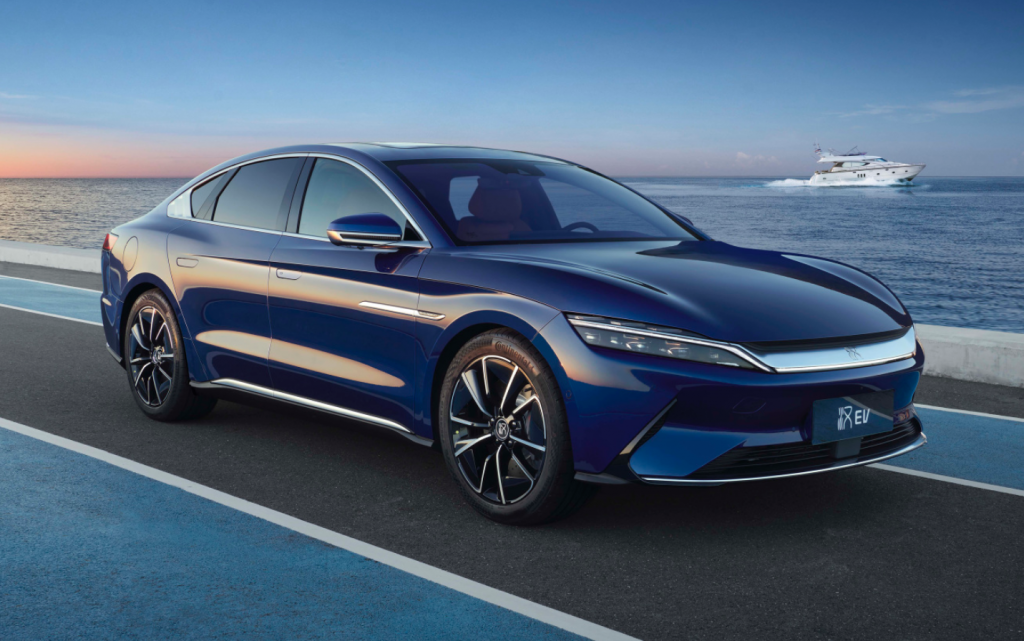
The rise of electric vehicles has accelerated China’s emergence as a major player in the global automotive export market. The establishment of Tesla’s Shanghai factory in 2019 marked a breakthrough for both electric vehicles and foreign automakers in China. It was the first wholly-owned foreign-funded factory in the world’s largest automotive market. However, this development also signals the beginning of a larger trend that could disrupt the global manufacturing landscape, trigger a wave of deindustrialization in Europe, and potentially lead to trade tensions reminiscent of the 1980s.
China’s ascent as an automotive exporting nation is driven by several factors. First and foremost, the Chinese government has been actively promoting the development and adoption of electric vehicles as part of its efforts to combat pollution and reduce dependence on imported oil. This has resulted in generous subsidies, incentives, and supportive policies for electric vehicle manufacturers. As a result, China has become the largest market for electric vehicles globally, fostering a robust domestic electric vehicle industry.
Furthermore, China’s manufacturing capabilities and cost competitiveness have greatly improved over the years. The country has a vast network of suppliers, a skilled workforce, and the ability to scale production rapidly. Combined with lower labor and production costs compared to many other countries, Chinese automakers have gained a competitive edge in terms of price and efficiency.
The rise of China as an automotive exporter has significant implications for the global manufacturing industry. It challenges the traditional dominance of established automotive manufacturing regions, particularly in Europe. As Chinese automakers expand their export efforts, they can offer competitive pricing, a wide range of vehicle models, and increasingly high-quality products. This can potentially disrupt the market share and profitability of European automakers, leading to a wave of deindustrialization in Europe as production shifts to China.
The growing prominence of China as an automotive exporter also raises concerns about trade imbalances and potential trade conflicts. Historically, trade tensions have arisen when one country dominates a particular industry and captures a significant portion of global market share. The automotive industry has long been a focal point of such tensions, and China’s rise as an exporter could spark new trade disputes and protectionist measures from other countries seeking to protect their domestic industries.
In conclusion, the emergence of electric vehicles has propelled China’s rise as an automotive exporting nation. The establishment of Tesla’s Shanghai factory is a testament to China’s ambition and capabilities in the electric vehicle market. However, this trend has broader implications for the global manufacturing landscape, potentially leading to deindustrialization in Europe and triggering trade tensions reminiscent of past decades. As China solidifies its position as an automotive export powerhouse, the dynamics of the global automotive industry are undergoing a significant shift.
